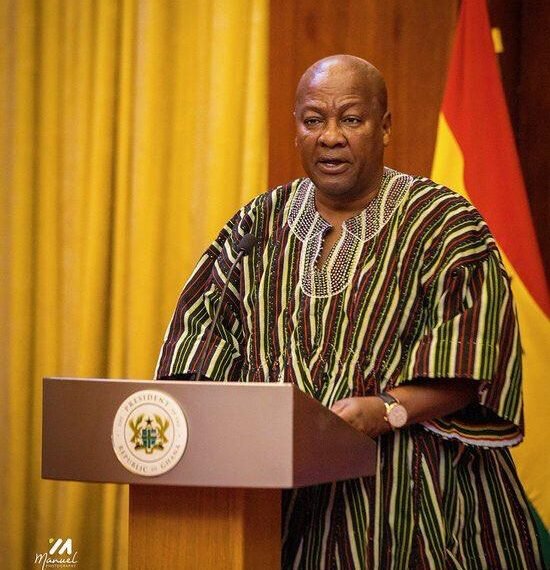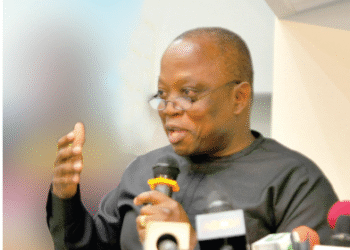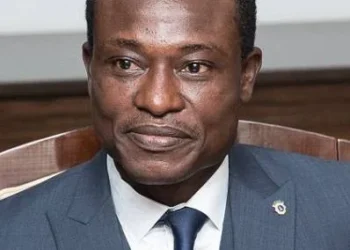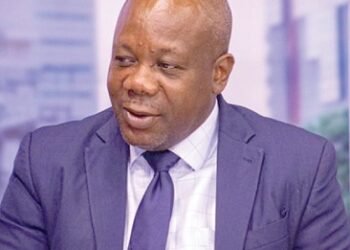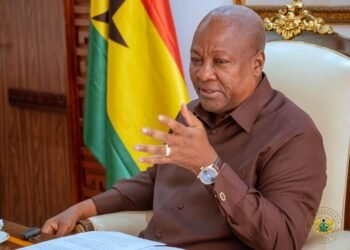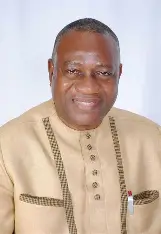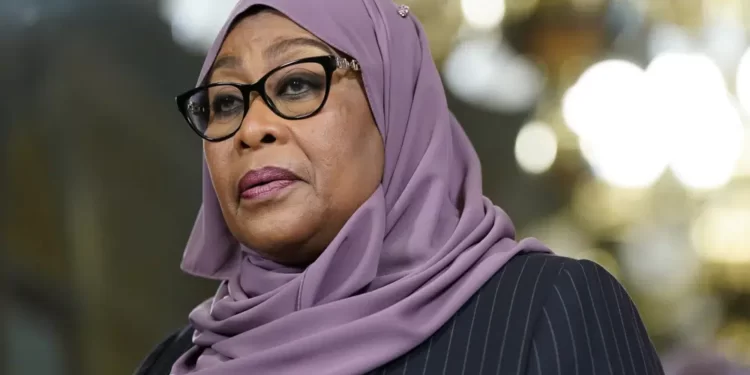President John Dramani Mahama is set to address the nation tonight at 8:30 pm in a live television and radio broadcast, providing an official account of the commitments he made under his widely discussed 120-Day Social Contract with the people of Ghana.
A notice shared by Hon. Felix Kwakye Ofosu, Presidential Spokesperson and Minister of State in charge of Government Communications confirmed it.
This high-stakes national address is expected to outline the progress made so far on a comprehensive list of 26 pledges that he presented upon assuming office, signaling a new chapter of accountability, reform, and transformation under his leadership.
The 120-Day Social Contract, unveiled ahead of the 2024 general elections, was a bold attempt to reframe Ghana’s governance culture through time-bound, measurable actions.
It laid out a roadmap of urgent reforms and policy interventions, ranging from economic relief and institutional efficiency to education, job creation, and social protection.
Among the first and most symbolic of his commitments was the pledge to nominate his full list of Cabinet Ministers within the first 14 days of assuming office.
President Mahama fulfilled this early promise, earning praise for quickly setting the tone for a lean and purposeful government.
In line with this, he vowed to constitute what he described as the “leanest and most efficient government under the Fourth Republic” within the first 90 days.
This move was seen as a direct rebuke to the ‘bloated ministerial appointments’ that had characterised the previous administration and resonated with calls from civil society for a more fiscally responsible governance structure.
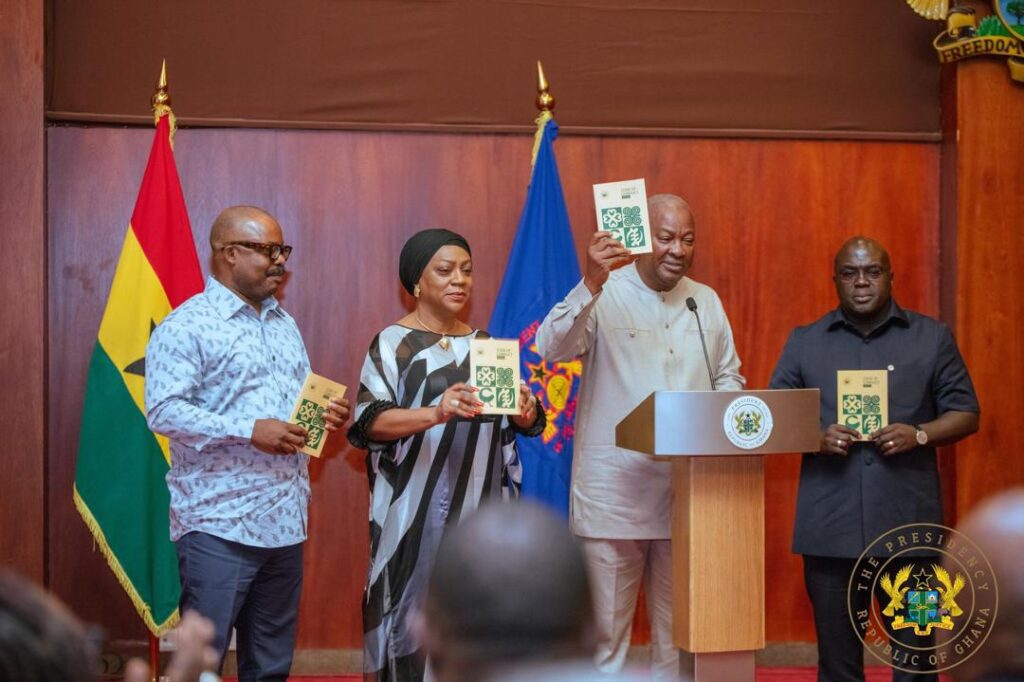
Commitment to Good Governance
Further underpinning his vision for good governance, President Mahama committed to establishing a robust Code of Conduct and Standards for all government officials.
This initiative, aimed at instilling discipline, transparency, and ethical standards within the public service, is currently underway.
Many civil society activists suggest that the effectiveness of this measure could be a defining legacy of his renewed leadership if implemented fully and without political compromise.
Economically, President Mahama’s promises were front-loaded with immediate relief-oriented measures. These included the scrapping of what he called “draconian taxes”—notably the E-Levy, the COVID-19 Health Levy, the 10% tax on betting winnings, and the Emissions Levy.
True to his word, all taxes with exception of the Covid-19 Levy were repealed within the first 90 days of his presidency, a move that has been met with widespread public approval.

Oliver Barker-Vormawor, a leading activist, gave the President a perfect 10/10 for this specific measure, describing it as a bold and people-centered decision.
Barker-Vormawor also rated President Mahama highly on respecting the freedom of assembly, scoring him another 10/10 in that area.
“Our prayer is that it doesn’t drop,” he noted, urging the administration to go beyond mere tolerance by amending the Public Order Act to ensure the right to protest is preserved by default, without unnecessary interference from the courts or police.
Manasseh Azure Awuni, a prominent journalist and social critic, summed up his thoughts on the administration’s early days in a single sentence: “Ghana has returned to democracy.”
His remark underscores a perception among many Ghanaians that President Mahama’s return to power has restored a certain level of democratic normalcy, civil liberties, and public trust in government institutions, which many felt were eroded in the previous administration.
President Mahama’s Shortfalls
However, not all areas of the President’s performance have received glowing reviews. Barker-Vormawor expressed sharp dissatisfaction with the government’s efforts in curbing illegal mining—commonly referred to as galamsey—offering a score of just 3.5/10.
He sarcastically criticized a recent water patrol initiative he labeled as the “yellow yellow (blue) water guard idea,” calling for a more robust effort to deal with the activities of illegal mining.
He also expressed concern over the fight against corruption, saying he gives President Mahama “1.5/10 for ORAL,” a veiled critique of the government’s anti-corruption drive, comparing the current situation to a recurring cycle of periodic scandals.
President Mahama’s 120-Day blueprint also includes structural economic initiatives, such as the establishment of an Accelerated Export Development Council (AEDC), the preparation for implementing a 24-Hour Economy Policy under the Office of the President, and a review of taxes on vehicles and equipment for industrial and agricultural use.
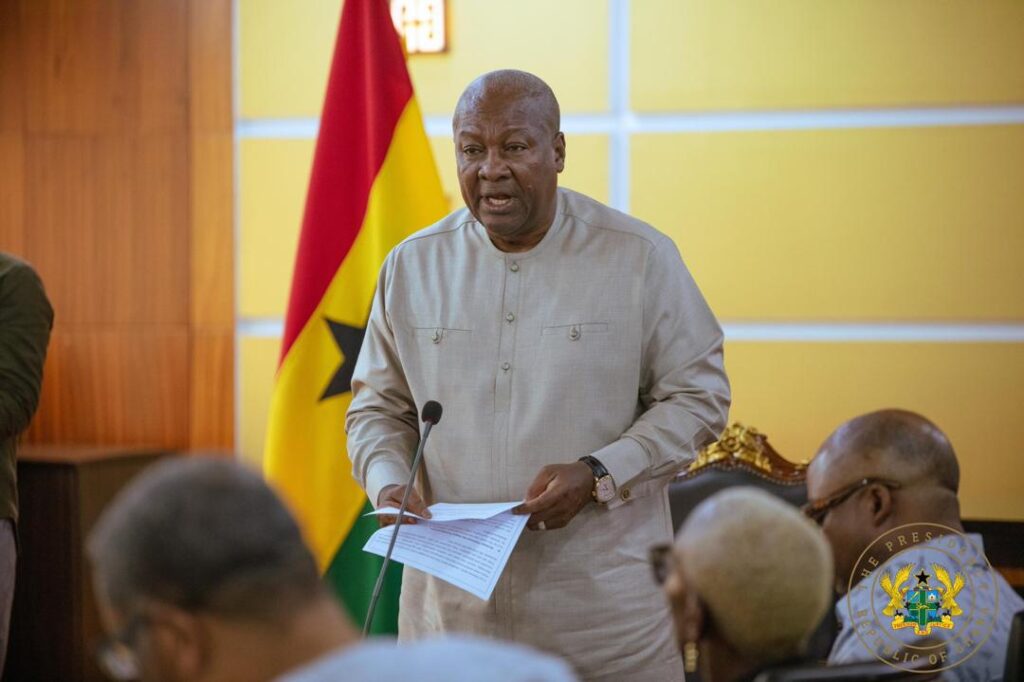
While these are at various stages of implementation, President Mahama’s camp argues that groundwork has been laid to ensure these reforms take root in the medium to long term.
In the education sector, he promised and convened a national consultative conference aimed at building consensus on the reforms needed to reposition Ghana’s education system.
He also announced a ‘No-Academic-Fee’ policy for all first-year students in public tertiary institutions and introduced policies such as free tertiary education for persons with disabilities and the distribution of free sanitary pads to female students in primary and secondary schools.
These policies, though ambitious, have been rolled out and are expected to be scaled up in the coming academic year.
President Mahama’s focus on social equity has also seen policy proposals such as the allocation of seed money for the establishment of a Women’s Development Bank and a ban on political appointees purchasing state assets—an ethics-based reform designed to curb state capture and institutional corruption.
On job creation, his administration is rolling out a multi-pronged approach that includes the launch of the ‘Adwumawura’ Programme, a National Apprenticeship Programme, and the ‘One Million Coders’ initiative—flagship schemes intended to address youth unemployment and stimulate private sector productivity.

Despite these strides, critics and supporters alike agree that the real test of President Mahama’s presidency will not lie merely in the number of policies launched, but in the effective and transparent implementation of these initiatives, sustained political will, and measurable outcomes for ordinary citizens.
The President’s address promises not only a report card but also a reaffirmation of the social contract he signed with the Ghanaian people.
With some policies already in motion and others pending rollout, President Mahama’s address could serve to either strengthen the public’s trust in his leadership or raise new questions about the gap between policy rhetoric and action.
READ ALSO: IMANI Urges Government to Embed Green Skills in Education

